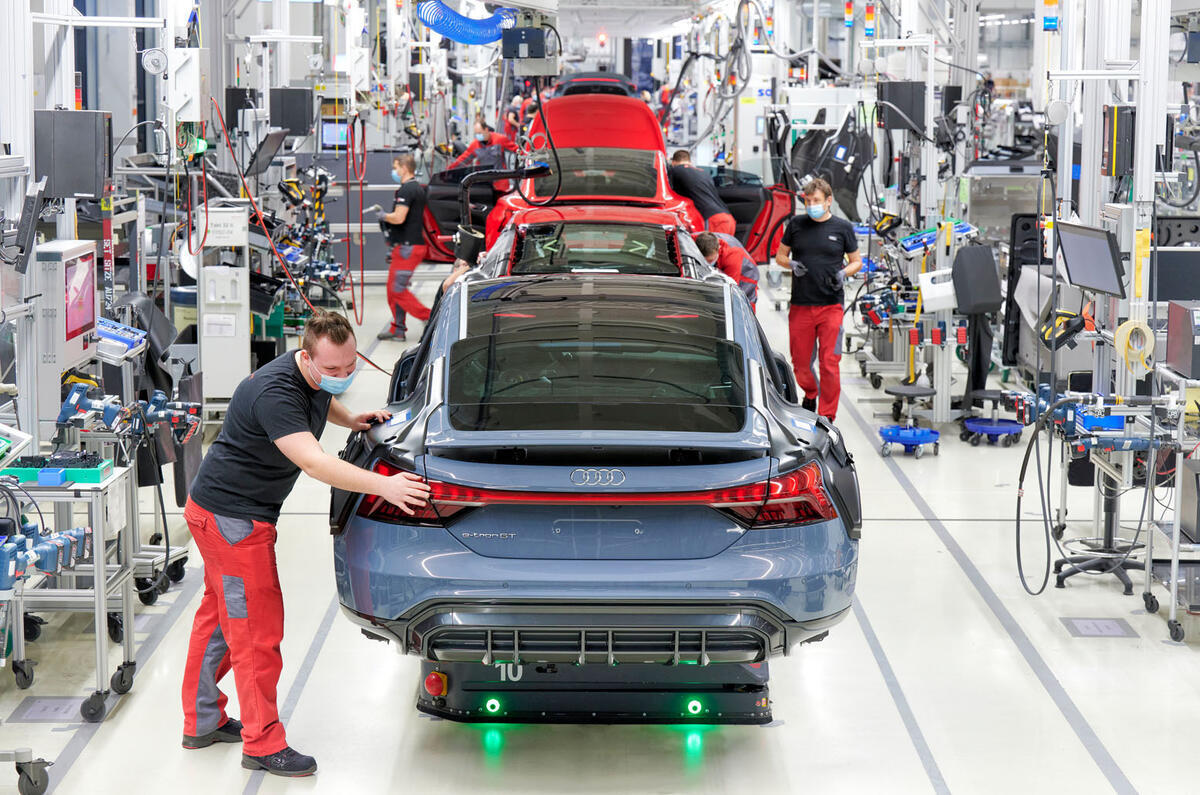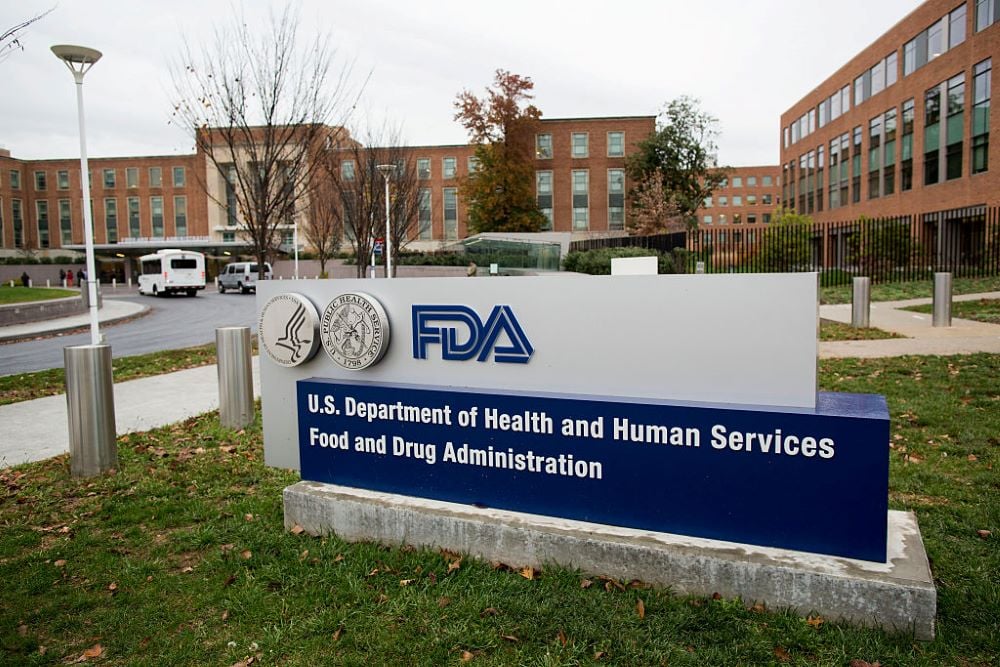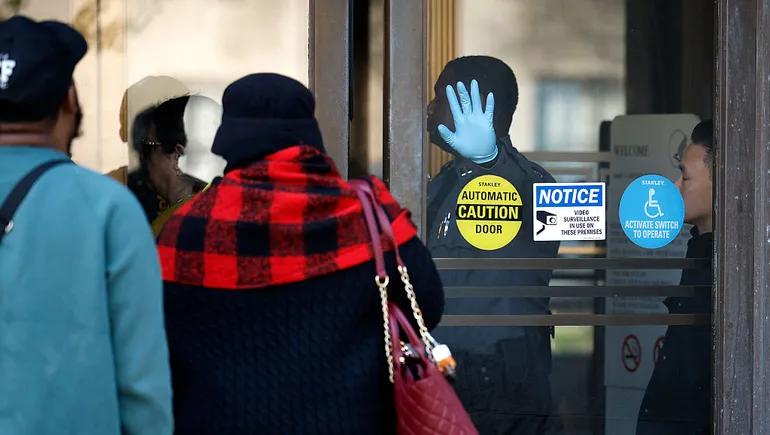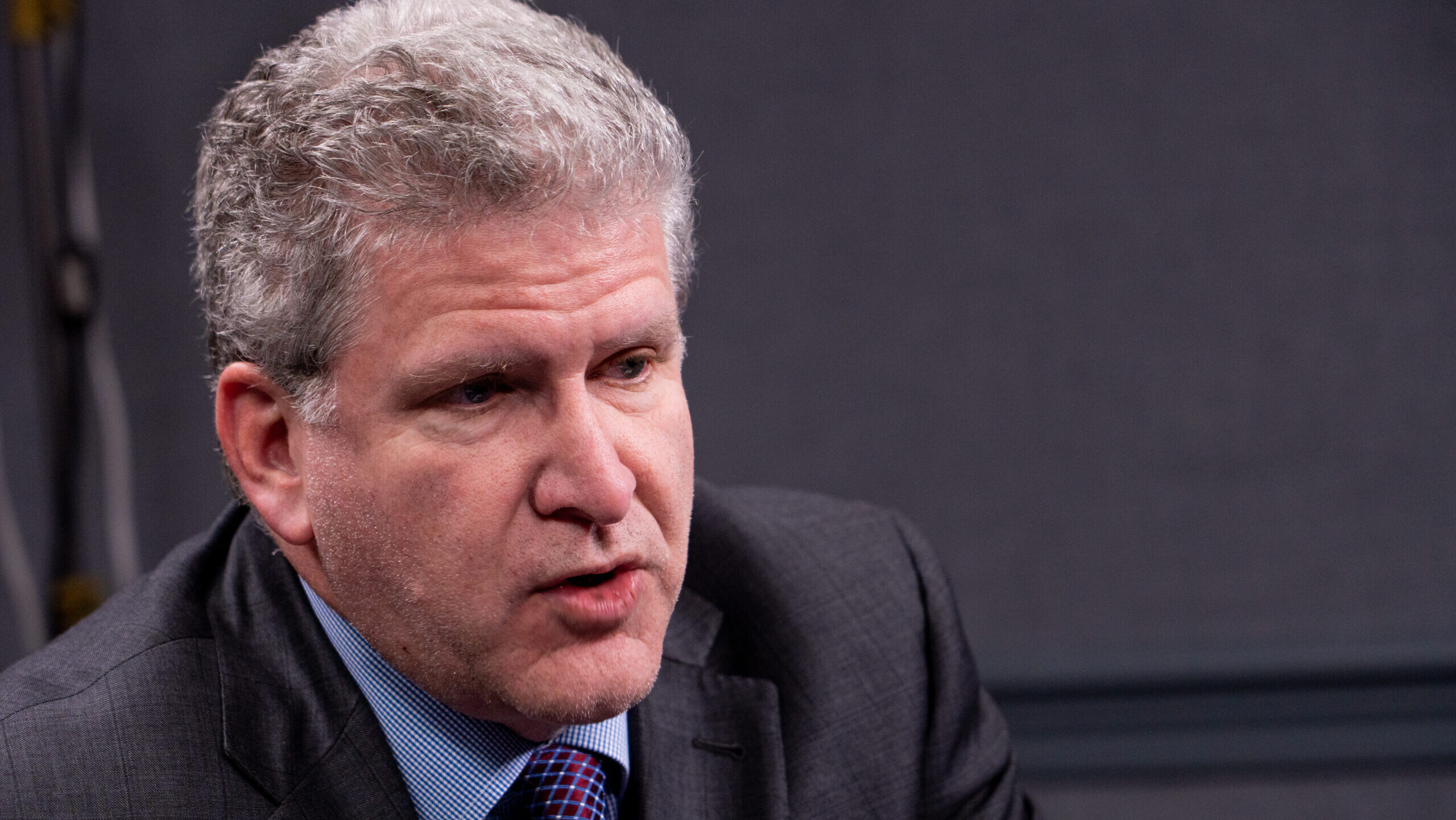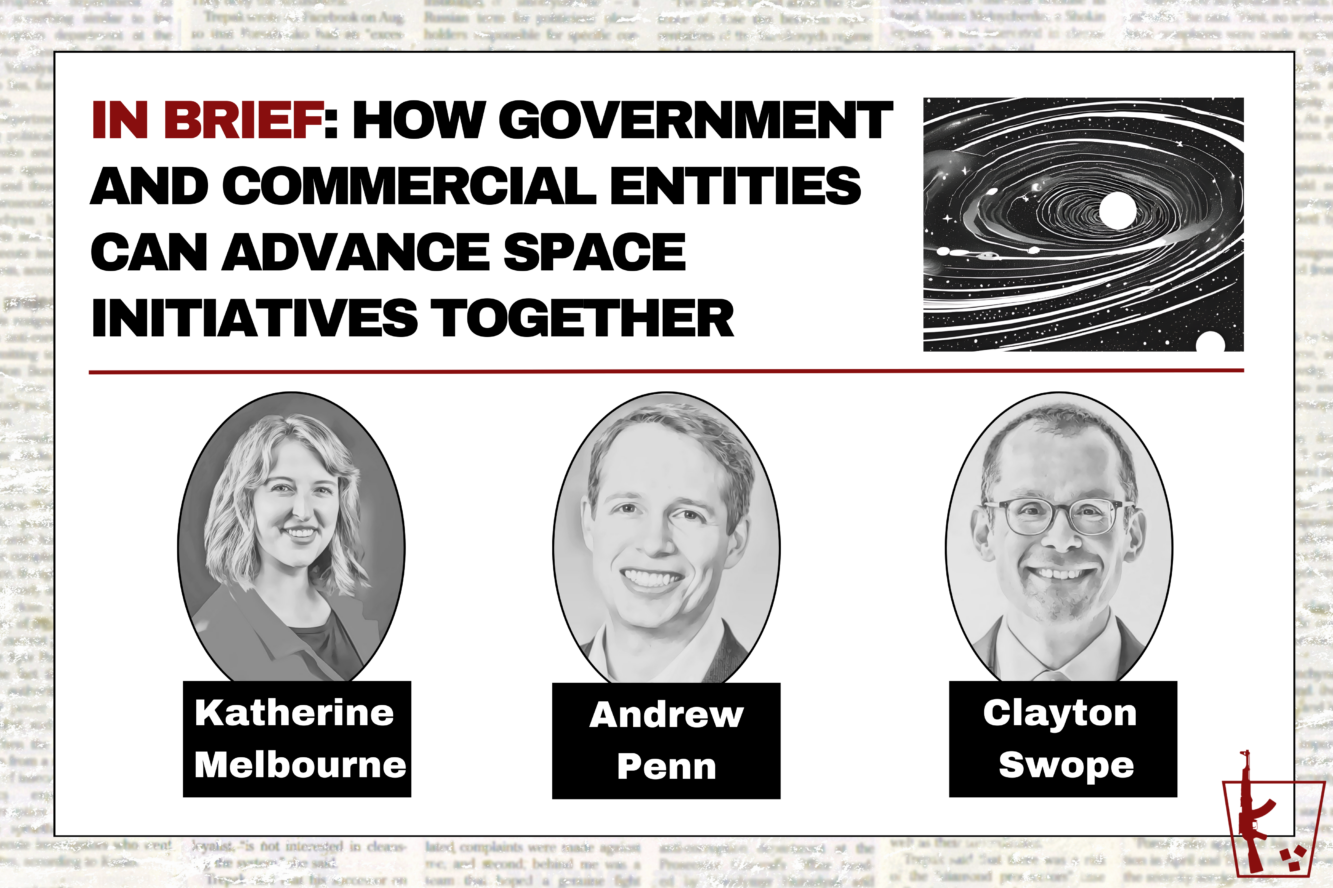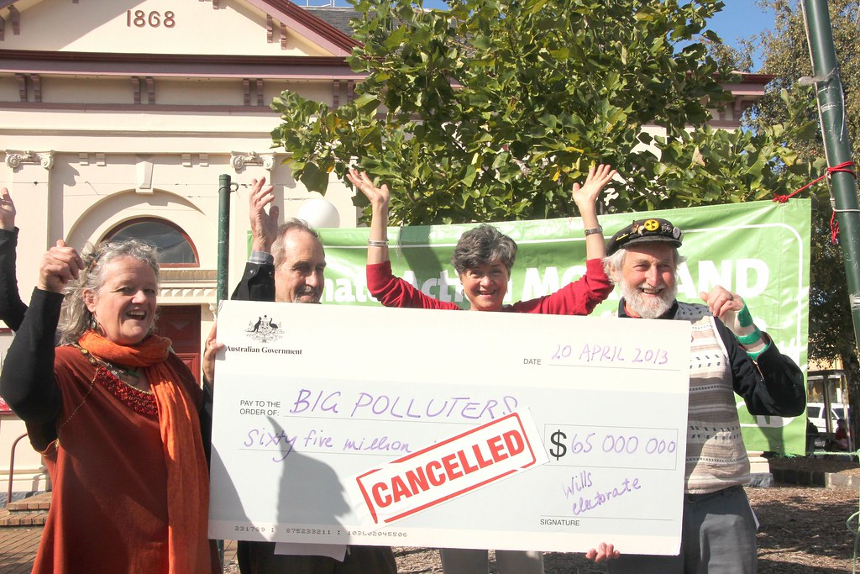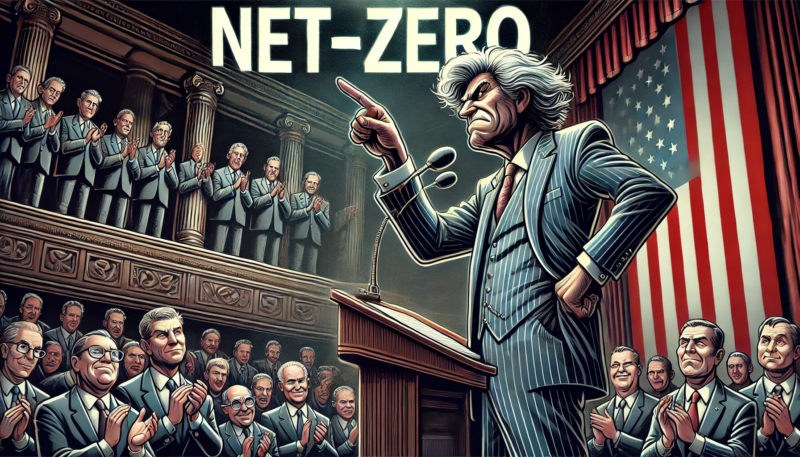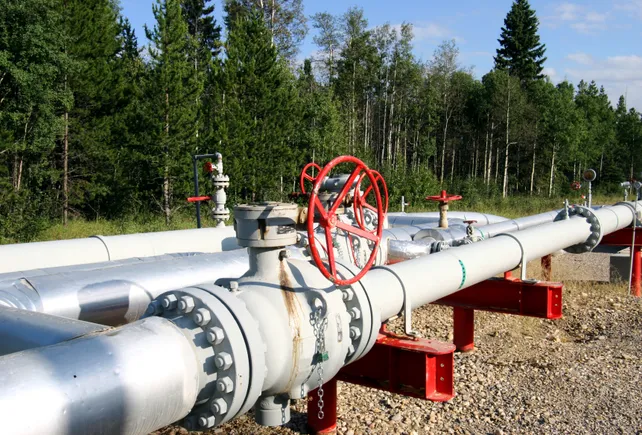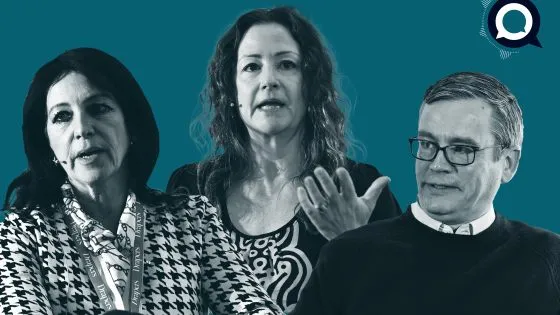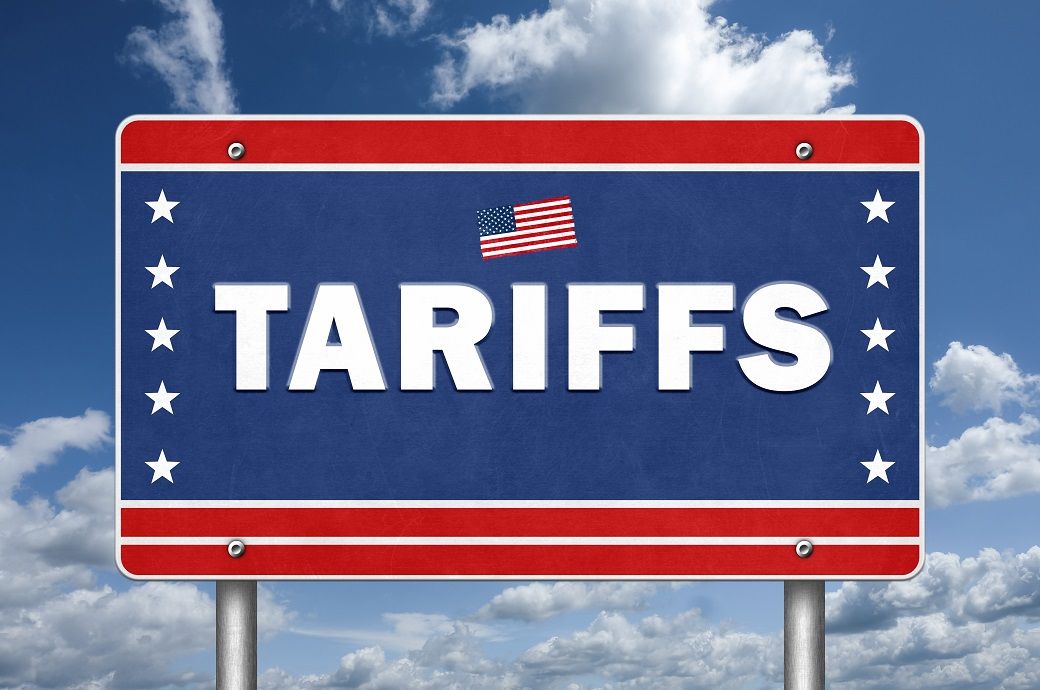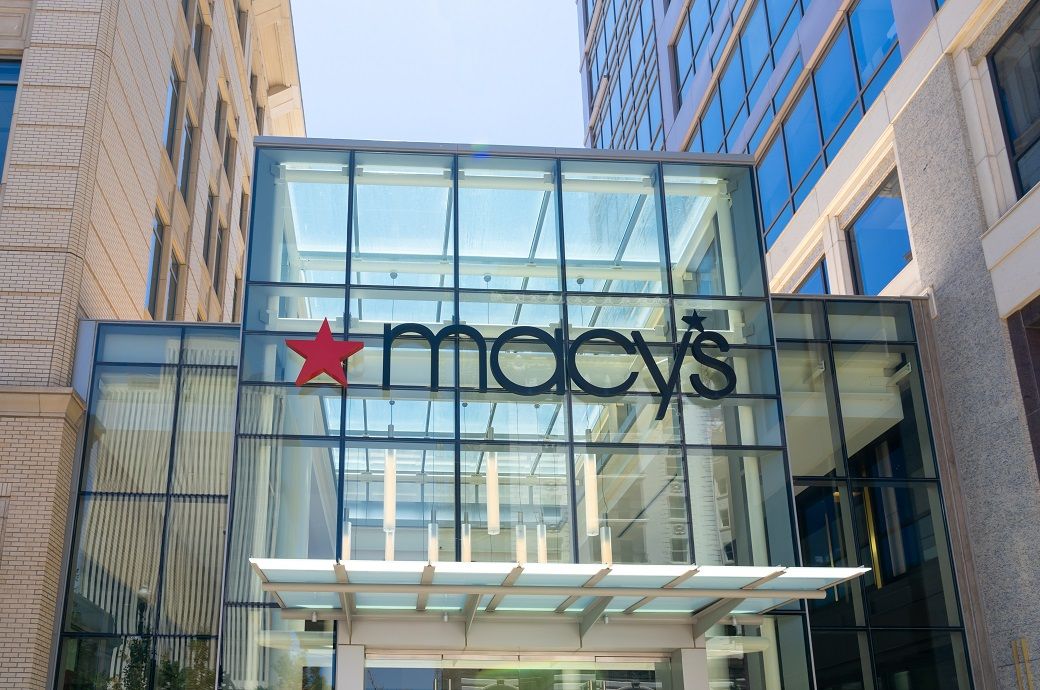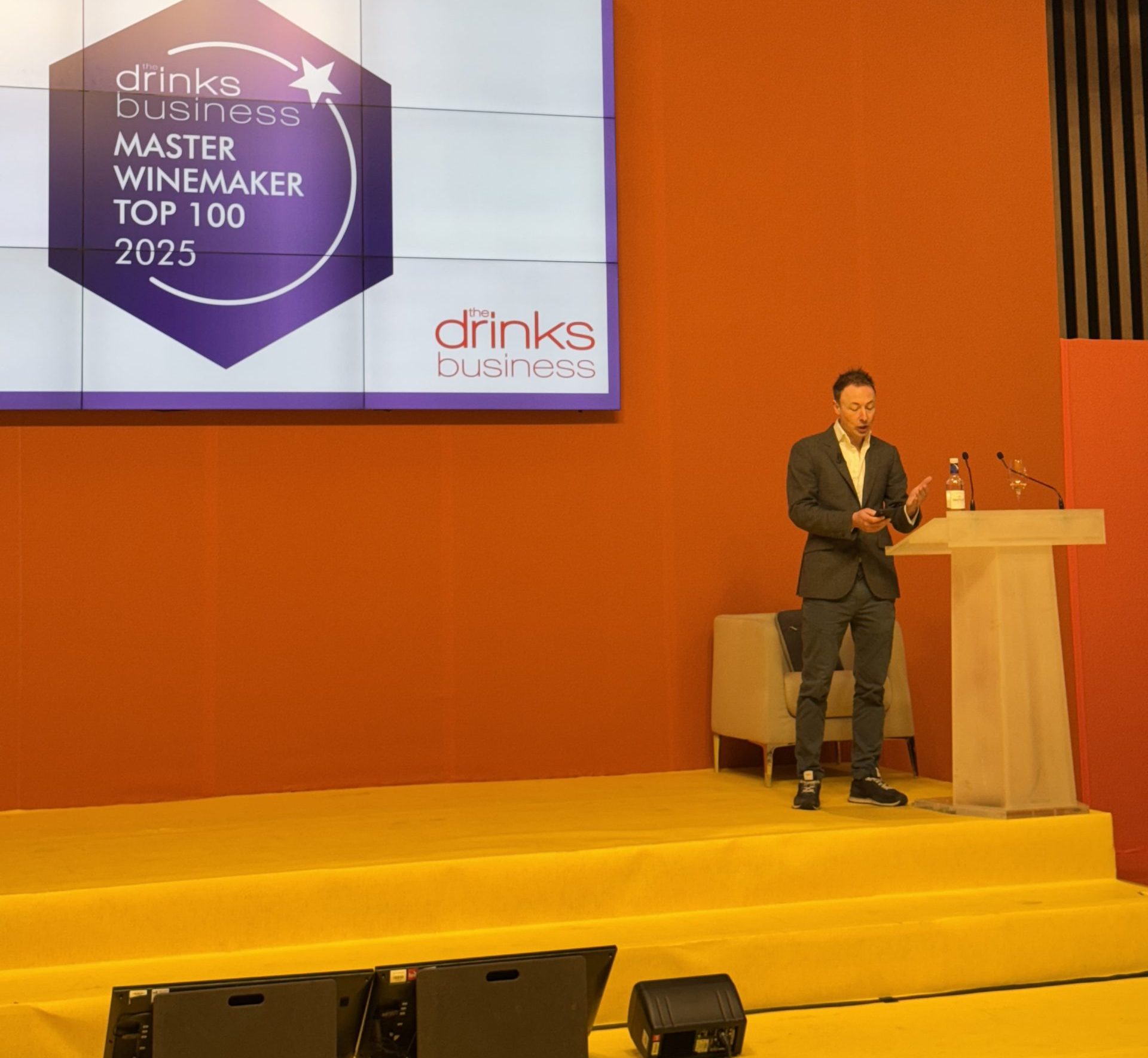With EPR fees coming into effect from today, drinks industry leaders warn the policy will inflate costs, fail to improve recycling rates, and put businesses under increasing financial strain.
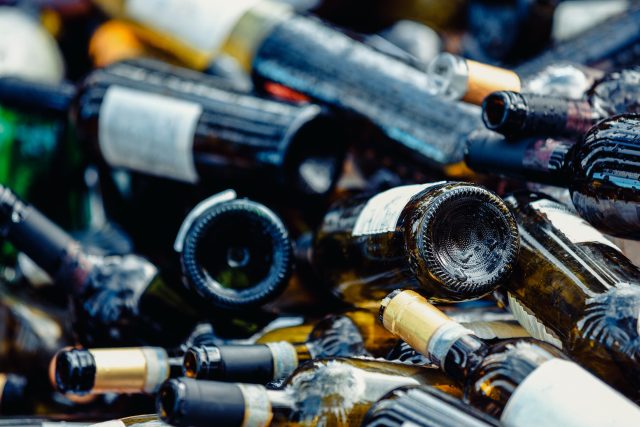
A waste packaging tax introduced today (1 April) is facing fierce criticism from the UK drinks trade, with leading voices calling it an ill-conceived and damaging scheme. The Extended Producer Responsibility (EPR) initiative, designed to shift the cost of packaging waste management onto businesses, has been condemned for its excessive fees, particularly for glass, and a lack of clarity in its implementation.
In a stark admission, the Office for Budget Responsibility (OBR) forecast accompanying the Spring Statement revealed: “the policy is unlikely to have a material impact on rates of recycling or packaging waste volumes in the next five years.” Despite this, environment secretary Steve Reed insisted that EPR “will incentivise businesses to remove unnecessary packaging and make their products more recyclable and refillable.”
'A misjudged April Fool's joke'
Miles Beale, chief executive of the Wine and Spirit Trade Association (WSTA), did not hold back in his criticism: “The Government's Extended Producer Responsibility fees make the cost of recycling a glass bottle almost seven times more expensive than for recycling the same-sized plastic bottle. With businesses being charged this new ‘green tax’ from today, 1 April, the introduction of EPR could be mistaken as a misjudged attempt by Defra at an April Fool’s joke. Sadly, it is deadly serious.”
Beale urged the government to delay EPR and align its rollout with the planned Deposit Return Scheme (DRS), arguing that industry needs time to prepare and ensure the system is fit for purpose.
Glass: The unintended victim
A major point of contention is the disproportionately high cost imposed on glass packaging. Defra’s latest estimate sets EPR fees for glass at £240 per tonne, significantly higher than earlier estimates of £110 to £215 per tonne. With 2.5 million tonnes of glass packaging placed on the UK market annually, around 85% of which are drinks bottles, the drinks trade is facing an additional financial burden of approximately half a billion pounds.
David Gates, CEO of Laithwaites, warned that the policy will lead to inevitable price hikes for consumers: “EPR is an inflationary new tax that’s being implemented before it’s properly finished. Combine it with the big recent hikes in wine duty and the Chancellor’s increase in National Insurance, and our family wine business is left facing an extra £10m in taxes year on year – a body blow that leaves us with little choice but to put up prices, look hard at the size of our workforce, postpone or cancel CAPEX projects, and consider prioritising our other markets for investment.”
Hospitality fears ‘phantom bottle’ fees
Industry leaders have also expressed concern that EPR fees fail to account for the distinction between household and commercial waste, leaving hospitality businesses at risk of being charged for bottles that never enter the household waste stream.
Alex Hunt MW, purchasing director at Berkmann Wine Cellars, explained: “Hospitality outlets already pay for their empty bottles to be collected, and yet those bottles are not explicitly exempted from the household fees. This error on Defra’s part could result in importers like ourselves effectively paying councils to collect tens of millions of phantom bottles that never go anywhere near a household recycling bin. The fees incurred by these phantom bottles are not small; we estimate the cost of this legislative error to our company alone would be over £1m per year – around a third of our net profit.”
Hunt added that Defra has acknowledged the issue but stated that a fix could take two years – a delay that he says businesses simply cannot afford.
'Another blow for businesses'
Steve Perez, CEO of Global Brands, echoed these frustrations, warning that businesses are being hit from all sides: “At a time when businesses are already being hit hard by increasing employers’ NIC, minimum wage increases, and a reduction in business rates relief, this is yet another blow for businesses who quite simply cannot be squeezed from any more directions.”
Perez also questioned why, despite businesses now covering the full cost of packaging waste management, there has been no indication that Council Tax bills will decrease to reflect the shift in funding from local authorities to producers.
Calls for urgent government intervention
With widespread concerns over EPR’s effectiveness, cost, and implementation, the drinks trade is calling on the government to rethink its approach. Industry leaders are urging Defra to delay the scheme, refine its design, and ensure that businesses are not unfairly penalised by a policy that, by the government’s own admission, will do little to improve recycling in the foreseeable future.
As Beale concluded: “We are supportive of the ‘polluter pays principle’, but if you are asking businesses to pick up the tab, they need to be confident in the efficiency and effectiveness of the system they are being asked to fund.”

 A waste packaging tax introduced today (1 April) is facing fierce criticism from the UK drinks trade, with leading voices calling it an ill-conceived and damaging scheme. The Extended Producer Responsibility (EPR) initiative, designed to shift the cost of packaging waste management onto businesses, has been condemned for its excessive fees, particularly for glass, and a lack of clarity in its implementation.
In a stark admission, the Office for Budget Responsibility (OBR) forecast accompanying the Spring Statement revealed: “the policy is unlikely to have a material impact on rates of recycling or packaging waste volumes in the next five years.” Despite this, environment secretary Steve Reed insisted that EPR “will incentivise businesses to remove unnecessary packaging and make their products more recyclable and refillable.”
A waste packaging tax introduced today (1 April) is facing fierce criticism from the UK drinks trade, with leading voices calling it an ill-conceived and damaging scheme. The Extended Producer Responsibility (EPR) initiative, designed to shift the cost of packaging waste management onto businesses, has been condemned for its excessive fees, particularly for glass, and a lack of clarity in its implementation.
In a stark admission, the Office for Budget Responsibility (OBR) forecast accompanying the Spring Statement revealed: “the policy is unlikely to have a material impact on rates of recycling or packaging waste volumes in the next five years.” Despite this, environment secretary Steve Reed insisted that EPR “will incentivise businesses to remove unnecessary packaging and make their products more recyclable and refillable.”












